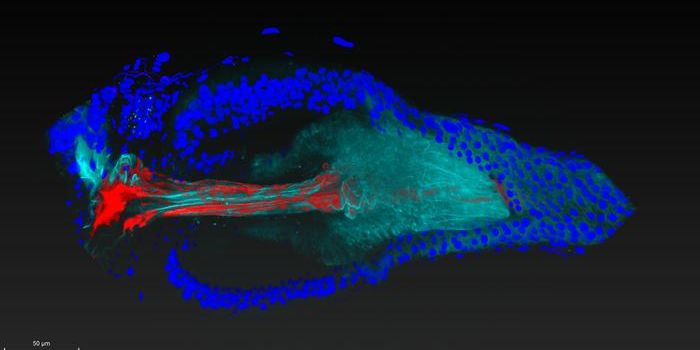Diagnosing Non-Celiac Gluten Sensitivity
Many clinicians once thought that only celiac disease caused an intolerance to gluten. But some people without celiac disease have reported that they experience gastrointestinal problems from eating foods that contain gluten, which is a protein that can be found in grains like wheat, barley, and rye. Research has slowly shown, however, that gluten sensitivity is real, and is not only a symptom of celiac disease.
In celiac disease, the immune system attacks gluten, which causes inflammation and eventually leads to damage in the small intestine. It can disrupt the absorption of vitamins and cause bloating, diarrhea, and fatigue. It can also be difficult to diagnose without a biopsy, and there is no way to diagnose gluten sensitivity.
Researchers have now characterized the antibodies that are generated by people with gluten sensitivity. This research can help us learn more about a poorly understood condition, as well as develop a way to diagnose and treat it.
Reporting in Gastroenterology, scientists led by Armin Alaedini, Ph.D., an assistant professor of medicine at Columbia University Vagelos College of Physicians and Surgeons, have found that though both conditions lead to high levels of anti-gluten antibodies, there are differences in the types of antibodies that are created.
The scientists assessed blood samples from 40 volunteers with celiac disease, 80 with non-celiac gluten sensitivity, and 40 healthy individuals that ate a gluten-free diet.
"We found that the B cells of celiac disease patients produced a subclass profile of IgG antibodies with a strong inflammatory potential that is linked to autoimmune activity and intestinal cell damage," said Alaedini. "In contrast, the patients with non-celiac gluten sensitivity produced IgG antibodies that are associated with a more restrained inflammatory response."
Not only can these antibody profiles help diagnose the disorders, but they may also lead to new treatments for celiac disease. Right now, the only option for patients is a gluten-free diet.
"The data suggest that celiac patients generate a strong B-cell inflammatory response each time they consume gluten, whereas the immune system in people with non-celiac gluten sensitivity learns from its earlier encounters with gluten and generates less-inflammatory responses to the antigen in subsequent interactions."
"If we can drive specific immune cells of celiac patients toward their less inflammatory states, we may be able to prevent or reduce the severity of the immunologic reaction to gluten."
Sources: AAAS/Eurekalert! via Columbia University Irving Medical Center, Gastroenterology









